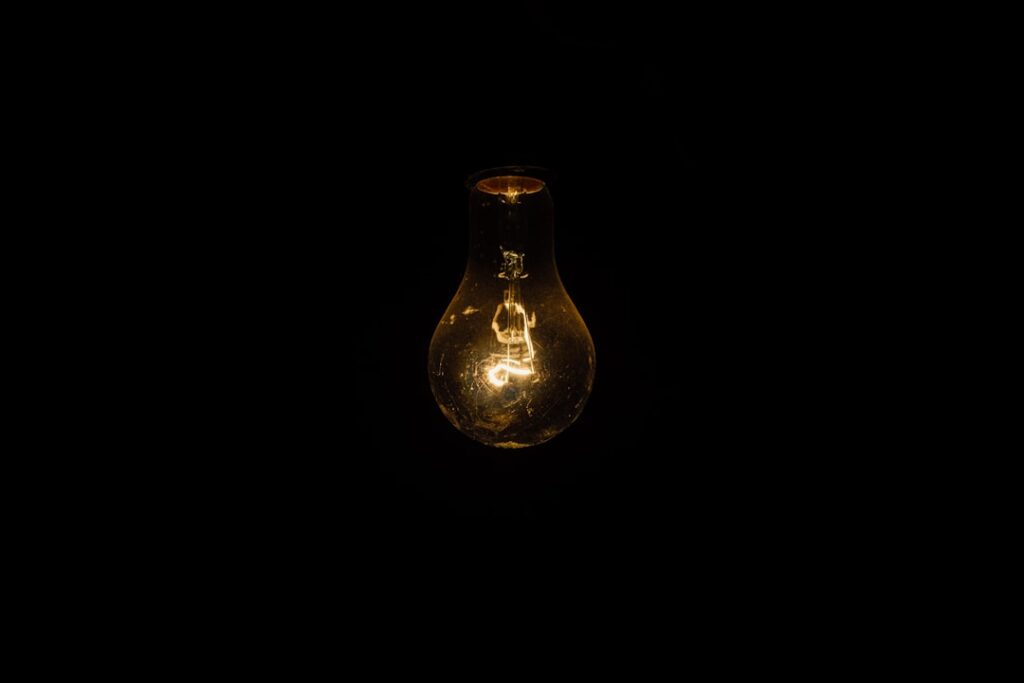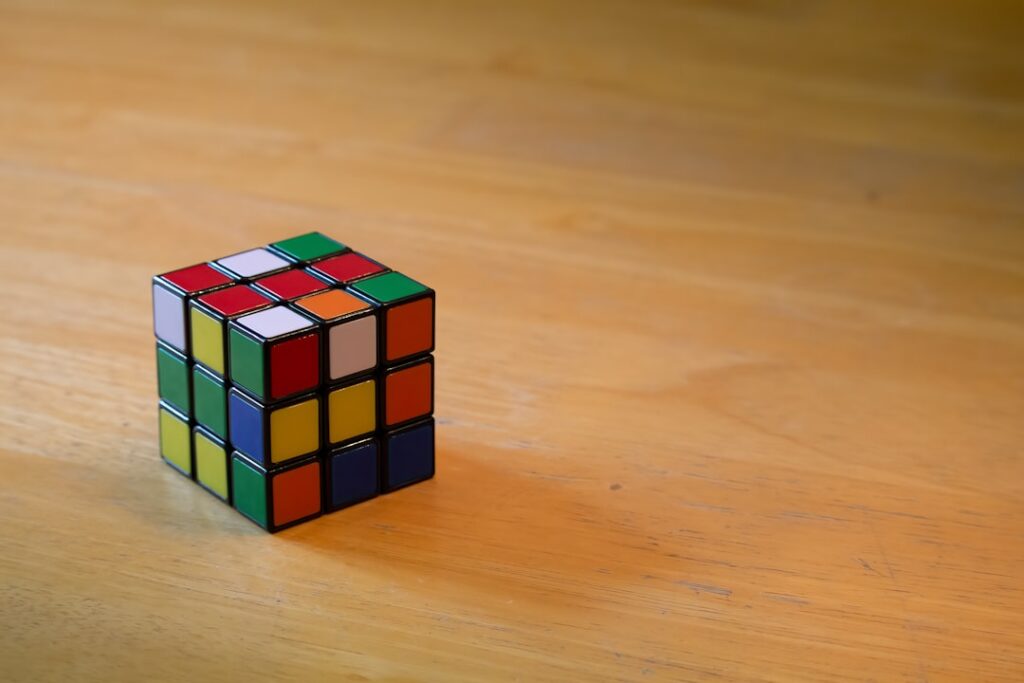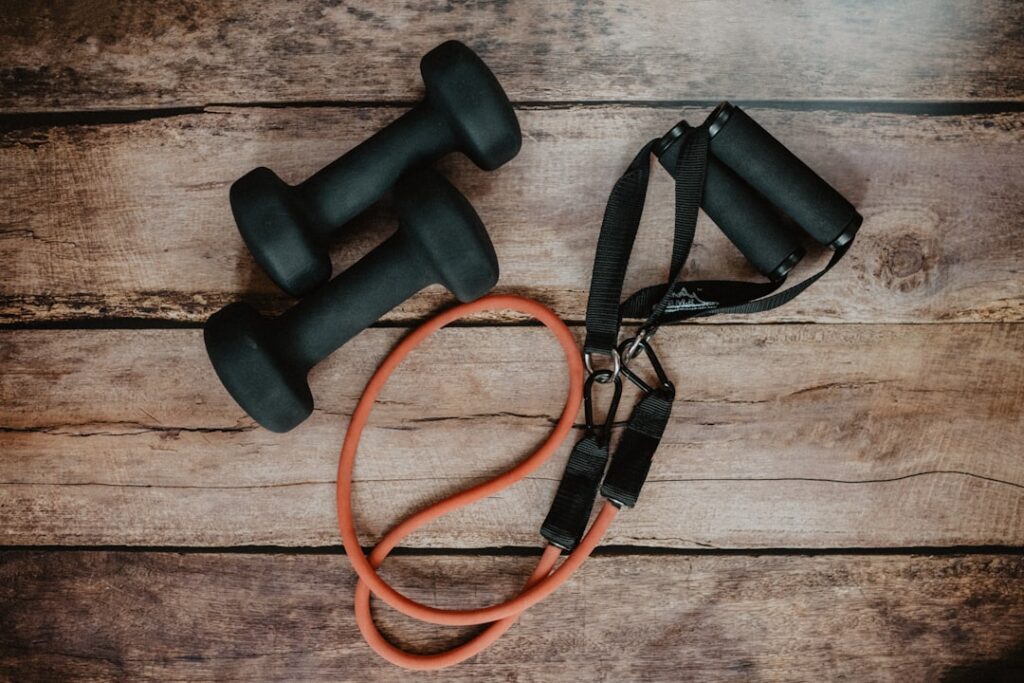Concentration is your brain’s ability to zero in on a task while ignoring distractions. Unlike attention span—how long you stay engaged—it’s about directing mental effort with purpose. Think of it like a spotlight: when focused, it illuminates one thing clearly.
Why does this matter? Research shows strong concentration skills help finish projects faster, solve problems creatively, and even reduce stress. A University of California study found that just 20 minutes of brain-training activities daily can enhance mental clarity by up to 30%.
Daily life constantly tests our focus. From buzzing phones to endless to-do lists, distractions chip away at productivity. Neuroscience reveals that poor sleep or multitasking weakens the brain’s ability to filter out “noise.” For example, losing 90 minutes of sleep cuts alertness by nearly a third the next day.
This article shares practical, science-backed methods to strengthen your mental muscle. You’ll learn how small changes—like optimizing your workspace or scheduling breaks—can create big results. Let’s explore ways to reclaim your time and energy.
Understanding the Components of Focus
Your brain works like a skilled juggler—managing thoughts, sensations, and decisions all at once. But what makes some people better at keeping those mental balls in the air? Let’s break down the key players: concentration and attention.

What’s the Difference?
Concentration is your mind’s spotlight—sustained effort on one task. Attention acts like a radar, scanning your environment. Think of studying (concentration) versus noticing a phone notification (attention). Both rely on prefrontal cortex activity, but serve different purposes.
The Power of Sharp Focus
Stanford researchers found that workers who minimized distractions completed projects 40% faster. Quality sleep supercharges this ability—adults getting 7-9 hours nightly show 25% better problem-solving skills. Even mild dehydration can reduce mental clarity within 90 minutes, per a University of Connecticut study.
Three quick tips to strengthen focus:
- Prioritize tasks using the “1-3-5 rule” (1 big, 3 medium, 5 small daily goals)
- Drink water first thing—your brain is 73% H2O
- Try 5-minute “focus sprints” between breaks
Practical Tips to Improve Concentration
Boosting your mental focus doesn’t require drastic overhauls—it starts with simple daily habits. Research shows that combining physical activity, smart nutrition, and consistent routines can sharpen your ability to tackle tasks efficiently. Let’s explore easy ways to make your brain work with you, not against you.

Easy Lifestyle Adjustments
A 20-minute walk boosts blood flow to the brain by 15%, according to Harvard Health. Try these tweaks:
- Swap sugary snacks for nuts or berries during work sessions
- Set phone alarms to drink water every 90 minutes
- Block 25-minute “focus windows” for high-priority tasks
Small Changes, Big Benefits
Shifting bedtime by just 30 minutes can enhance next-day alertness. A Journal of Sleep Research study found participants who maintained consistent sleep schedules solved problems 22% faster. Stress reduction techniques matter too—five minutes of deep breathing lowers cortisol levels by 18%.
Try restructuring daily activities:
- Batch-cook meals to avoid decision fatigue
- Handle emails in three designated time blocks
- Use noise-canceling headphones during creative tasks
Boosting Brain Activity with Training and Games
Your mind thrives on challenges—like a muscle needing regular workouts to grow stronger. Brain-training activities offer structured ways to sharpen mental agility. Studies show that 15-minute daily sessions, five days a week, can enhance short-term memory and task efficiency within weeks.

Engaging in Brain-Training Puzzles
Classic puzzles like sudoku and crosswords activate problem-solving areas of the brain. A University of Michigan study found adults solving crosswords daily had 18% better recall skills after six months. These activities strengthen pattern recognition—a key part of cognitive function.
Digital vs. Traditional Cognitive Exercises
Apps like Lumosity or Peak provide adaptive challenges targeting specific skills like spatial reasoning. However, pen-and-paper games may offer deeper focus benefits. Older adults often prefer traditional methods, while younger users lean toward apps for convenience.
Three effective options for different ages:
- Kids/Teens: Memory-matching card games (boosts visual recall)
- Adults: Chess or logic puzzles (enhances strategic thinking)
- Seniors: Jigsaw puzzles (supports spatial awareness)
Regular mental workouts don’t just boost concentration—they build mindfulness by training your brain to stay present. Whether you choose analog or digital tools, consistency matters most. Even brief sessions can rewire neural pathways over time.
Optimizing Sleep and Health for Enhanced Focus
Your nightly rest does more than recharge your body—it rebuilds your brain’s focus toolkit. Without quality sleep, even the best productivity hacks fall short. Let’s explore how smart habits can turn your bedroom into a cognitive recharge station.

Sleep Hygiene and Its Impact
Screen time before bed acts like a mental burglar, stealing deep sleep stages. A National Sleep Foundation study found that avoiding phones 90 minutes before bedtime helps people fall asleep 20% faster. Consistent routines matter too—going to bed at the same time daily strengthens your body’s internal clock.
Create a sleep sanctuary:
- Keep room temperatures between 60-67°F
- Use blackout curtains to block light pollution
- Try white noise machines to mask traffic sounds
Managing Health Factors Affecting Concentration
Constant media alerts and multitasking drain mental energy. Research shows checking emails during work sessions increases stress hormones by 28%. Pair this with poor nutrition, and your prefrontal cortex struggles to filter distractions.
Three health tweaks with big payoffs:
- Swap afternoon soda for green tea (contains L-theanine for calm alertness)
- Schedule annual vision checks—blurry text strains focus
- Use website blockers during critical work hours
A quiet, well-rested mind solves problems 40% faster than one battling digital noise. Think of sleep and health adjustments as compound interest for your brain—small daily investments create lasting focus gains.
Enhancing Mental Focus Through Regular Exercise
Your daily walk does more than tone muscles—it reshapes how your mind tackles challenges. Studies reveal that physical activity sparks neurochemical changes that sharpen decision-making and problem-solving skills. Let’s explore how movement becomes mental fuel.

Physical Activity and Cognitive Benefits
University of Illinois research shows 20 minutes of brisk walking boosts problem-solving skills by 15%. Exercise increases blood flow to the brain, delivering oxygen that enhances neural connections. Even short bursts matter—a 2023 study found three 10-minute stair climbs daily improved memory recall in 78% of participants.
Regular movement also stabilizes blood sugar levels, preventing energy crashes. A Journal of Cognitive Neuroscience report links moderate exercise to 22% faster task completion rates. These benefits compound over time, creating lasting changes in how your mind processes information.
Incorporating Movement Into Your Day
Busy schedule? Try these research-backed strategies:
- Park farther from entrances to add 5-minute walks
- Do calf raises while brushing teeth
- Swap sitting meetings for walking discussions
Office workers who take 2-minute movement breaks every hour report 30% better focus. The key is consistency—small efforts add up. As one Harvard study notes: “The best way to boost brainpower isn’t marathon sessions, but frequent activity snacks.”
Your mind thrives when your body moves. Whether it’s dancing while cooking or taking the stairs, these changes create a powerful way to stay sharp. Remember—every step counts toward building a more focused you.
Nutritional Strategies for a Sharper Mind
Your plate holds surprising power over your mental clarity. The right foods act like premium fuel for your body, enhancing cognitive function and shielding against mental fog. Let’s explore how smart eating habits can sharpen your thinking and stabilize energy levels.

Brain-Boosting Foods and Hydration
Certain foods directly support neural connections. Fatty fish like salmon provide omega-3s that strengthen brain cell membranes. Leafy greens contain folate and vitamin K—nutrients linked to faster information processing. Blueberries, packed with antioxidants, show research-backed benefits for memory retention.
Hydration plays an equally vital role. Your brain is 75% water—even mild dehydration slows decision-making. A University of Connecticut study found that losing 1% body fluid reduces attention span by 12%. Try these practical ways to stay sharp:
- Start meals with walnuts or chia seeds (rich in alpha-linolenic acid)
- Snack on oranges or bell peppers for vitamin C boosts
- Keep a water bottle nearby—aim for half your weight in ounces daily
Nutrition also impacts stress levels. Magnesium-rich foods like spinach and dark chocolate help regulate cortisol. Pumpkin seeds offer zinc, which studies connect to reduced anxiety. For busy schedules, batch-prep kale salads or hard-boiled eggs to avoid midday energy crashes.
Small swaps create lasting changes. Replace sugary drinks with herbal teas, or try avocado toast instead of pastries. Your body responds quickly—proper nourishment can enhance mental function within days. Remember: what feeds your stomach fuels your mind.
Mindfulness and Meditation to Sharpen Focus
Modern life’s constant buzz makes sharpening mental clarity feel like an uphill battle. Mindfulness acts as a reset button—training your brain to filter distractions while boosting cognitive flexibility. UCLA research reveals that just 10 minutes of daily meditation thickens the prefrontal cortex, the area responsible for decision-making.
Exploring Different Meditation Practices
Not all meditation requires chanting or silence. Deep breathing exercises—like the 4-7-8 technique—can calm racing thoughts in under a minute. Guided sessions through apps like Headspace also help newcomers build consistency. For visual learners, mindful observation (focusing on an object’s details) strengthens attention control.
A 2023 Harvard study found that varied practices yield unique benefits. Body scans reduce stress hormones by 27%, while loving-kindness meditation enhances emotional resilience. Experiment to find what clicks—even five minutes daily creates measurable changes.
Integrating Mindfulness into Daily Life
Mindfulness isn’t confined to cushions. Try “micro-pauses” while waiting in line or before checking social media. Notice your breath for three cycles—this simple act also helps break autopilot mode. Over time, these moments rewire how your brain processes information.
Pair mindfulness with your diet for compounded benefits. Eating slowly—savoring each bite—improves digestion and prevents overeating. A Cornell University trial showed mindful eaters made healthier choices 40% more often. Even hydrating can become a focus exercise: feel the water’s temperature as you drink.
Social media breaks offer perfect opportunities. Instead of scrolling, try a two-minute breathing session. Regular practice also helps manage information overload, letting you prioritize what truly matters. Remember: consistency beats duration. Small steps build lasting mental clarity.
Managing Digital Distractions and Social Media Use
Digital devices have rewired how we process information—and not always for the better. Adults check their phones 96 times daily on average, fracturing attention spans. A University of Texas study found that simply having a phone nearby reduces cognitive capacity by 10%, even when turned off.
Reducing Interruptions in a Media-Driven World
Social media platforms thrive on interruption. Each notification triggers dopamine hits that condition brains to crave constant stimulation. For many adults, this creates a cycle where focused work feels uncomfortable. Researchers call this “attentional fragmentation”—a state where mental energy scatters across competing demands.
Practical strategies for minimizing digital noise include:
- Turning off non-essential app alerts (keep only SMS and calendar)
- Designating “phone-free zones” during meals or family time
- Using grayscale mode to make screens less visually appealing
Using Tools and Apps to Stay on Track
Technology can also solve the problems it creates. Apps like Freedom block distracting websites during work hours, while Forest gamifies focus time by growing virtual trees. iOS’s Focus Mode lets users customize notification settings based on activity—ideal for managing work-life boundaries.
Regular breaks remain crucial. A UC Irvine study found workers who took five-minute screen-free pauses every hour maintained 18% higher task accuracy. Pair app tools with scheduled downtime to reset your mental bandwidth.
Three steps to reclaim control:
- Audit app usage weekly (iOS Screen Time or Android Digital Wellbeing)
- Schedule two 15-minute social media windows daily
- Charge devices outside bedrooms to resist late-night scrolling
Time Management Techniques for Sustained Attention
Mastering your schedule can transform scattered efforts into laser-like precision. Research shows structured planning reduces mental fatigue by 35%, allowing deeper engagement with tasks. A University of Georgia study found workers using intentional time management strategies completed projects 28% faster than peers.
Timeboxing and Scheduling Breaks
Timeboxing assigns strict limits to activities—like budgeting minutes instead of dollars. The Pomodoro Technique uses 25-minute work blocks followed by five-minute pauses. This rhythm matches the brain’s natural attention cycles, preventing burnout during complex projects.
Studies in the Journal of Applied Psychology reveal workers using scheduled breaks maintain accuracy 19% longer. Try these adaptations:
- Batch similar tasks (emails, calls) into themed time slots
- Set visual timers for creative work sessions
- Pair physical movement with breaks—stretch or walk
Prioritizing Tasks for Maximum Productivity
Not all tasks deserve equal brainpower. The Eisenhower Matrix sorts activities by urgency and importance. High-priority items get prime morning hours when mental energy peaks. Low-value “busy work” gets delegated or automated.
Researchers found employees who planned three key daily goals reduced task-switching by 41%. Tackle trouble spots first—like drafting reports before meetings. This “eat the frog” approach builds momentum for less demanding activities.
Real-life applications:
- Color-code calendars to visualize work vs. personal time
- Review tomorrow’s schedule each evening
- Use Friday afternoons for weekly priority mapping
Conclusion
Effective focus strategies blend science and personal habits to unlock your cognitive potential. From optimizing sleep cycles to fueling your brain with nutrient-rich foods, small daily choices create lasting mental clarity.
A balanced approach works best. Pairing 7-9 hours of nightly rest with mindful breathing exercises builds resilience against distractions. Regular movement—even short walks—and structured time management tools help maintain momentum during busy days.
Experiment with the techniques shared here. Try hydration reminders if fatigue strikes, or test focus apps during work sessions. What clicks for others might differ from your ideal routine—personalization is key.
Persistent challenges? Consult a healthcare provider to rule out underlying issues. Your brain deserves the same care as your body. Start today: pick one tip to implement this week, then build from there.
With consistent effort, you’ll sharpen your ability to navigate life’s demands while preserving energy for what matters most. Here’s to clearer thinking and calmer days ahead!
